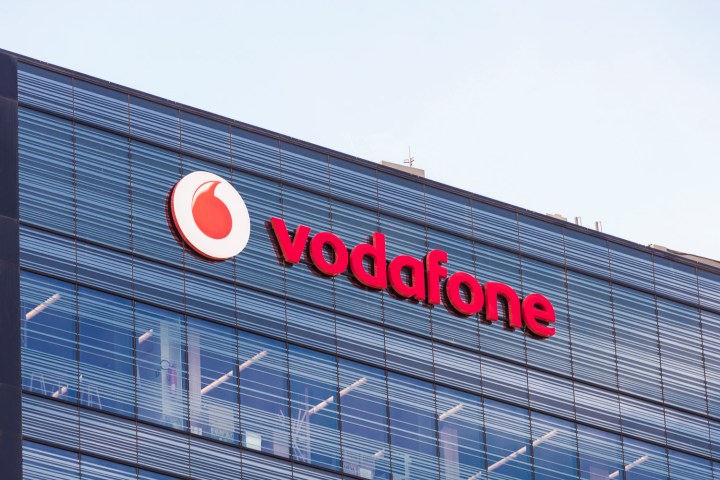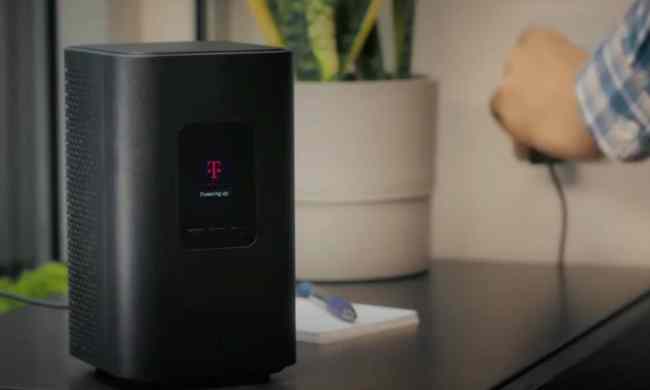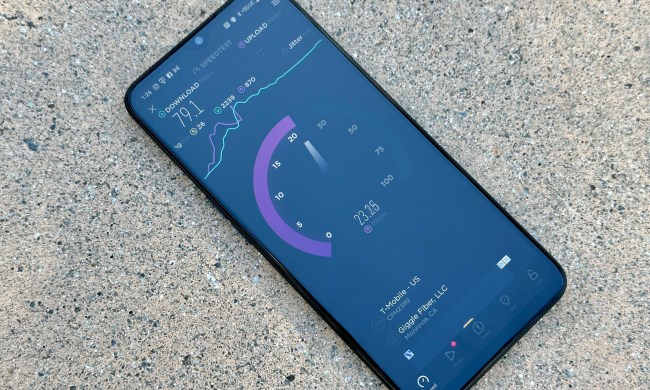
We’ve heard a lot about 5G in the past two years, and its (possibly) amazing performance being hyped up by governments and networks in Germany, Japan, South Korea, the U.K., and the U.S; all proclaiming that speeds over 1Gbps will be commercially available by 2020.
While not willing to give a prediction for its 5G network speed when it becomes commercially available, Hanssen did say 2020 is the anticipated launch date — but added ‘give or take a year.’ The International Telecommunication Union (ITU) said it wanted the network commercialized by 2020, which is probably why networks and governments keep referring to that date. Hanssen said that Australia has a strong track record for adopting new technologies, including the smartphone and 4G LTE. The latter arrived in 2011, and has become the wireless service of choice for 70-percent of Vodafone customers.
Even with all of the hype surrounding 5G, not everyone is buying it. Some want to see more investment in 4G LTE and more research into the benefits of 5G, while others like Sprint do not see 5G arriving until the middle of the next decade.
Despite all the hype, we don’t even know how fast the supposed 5G networks of 2020 will be, with a Huawei and NTT DoCoMo test reaching 3.6Gbps, Samsung saying it wants to reach 10Gbps, and some UK scientists theorizing up to 800Gbps.
There are also quite a few current issues that might affect the rapid adoption of 5G in the future. For developed countries the lack of available spectrum is a major issue, but one that might be fixed with Steve Perlman’s congestion-free pCell, while in developing nations, the lack of 3G and 4G LTE infrastructure makes 5G seem like a fairytale, though Project Loon might be able to fix the infrastructure problems.
Regardless, 5G continues to be seen as the next big thing, at least by those with a vested interest.


